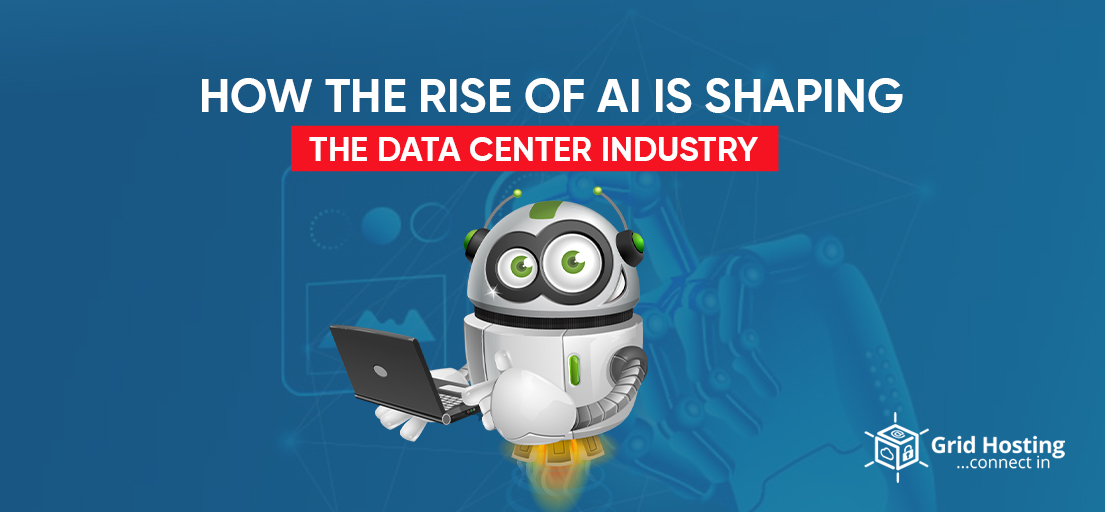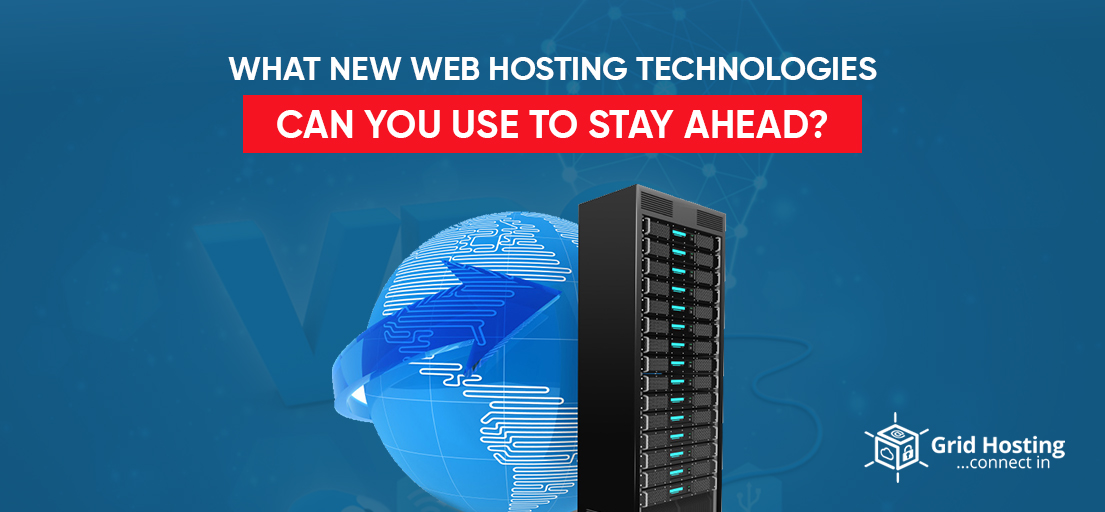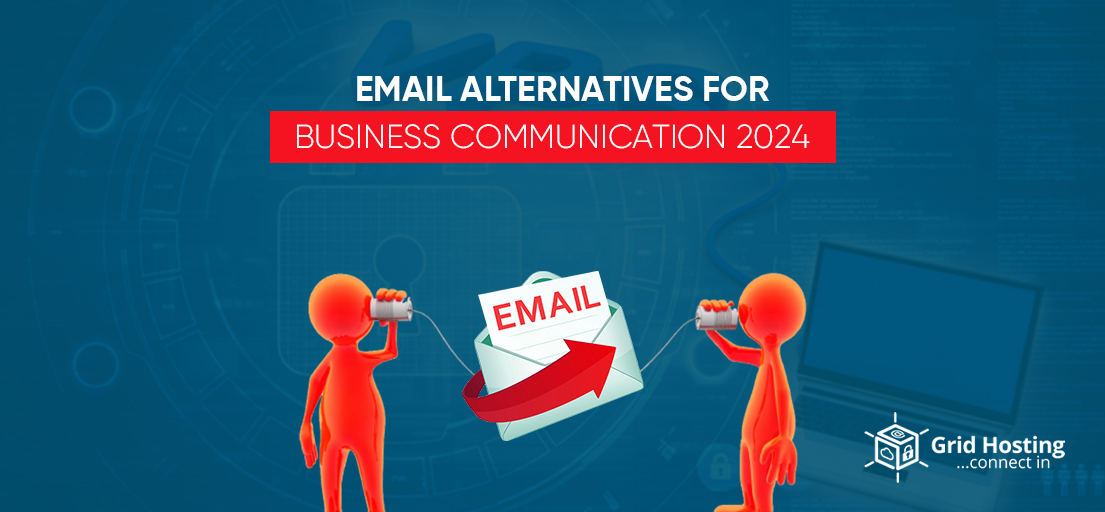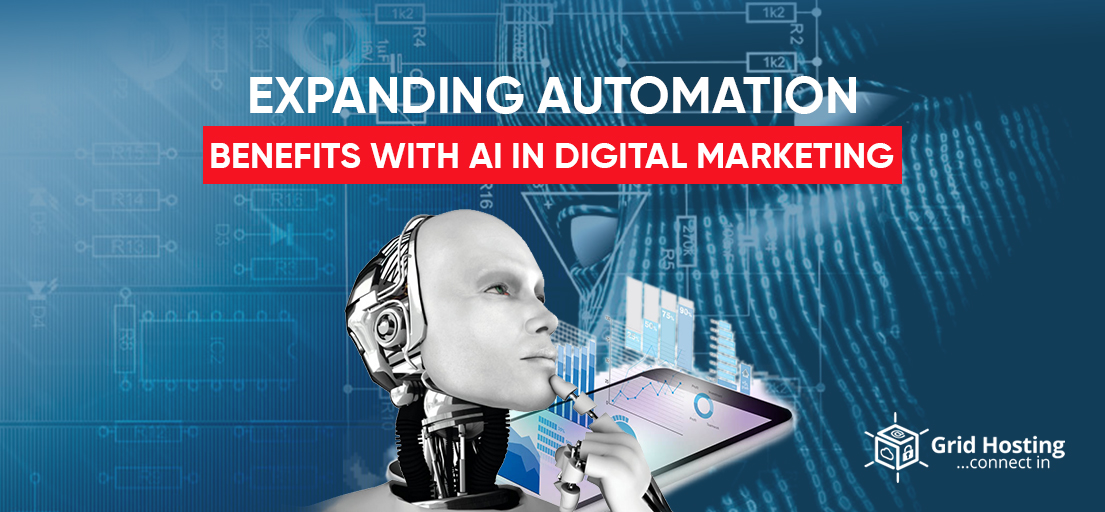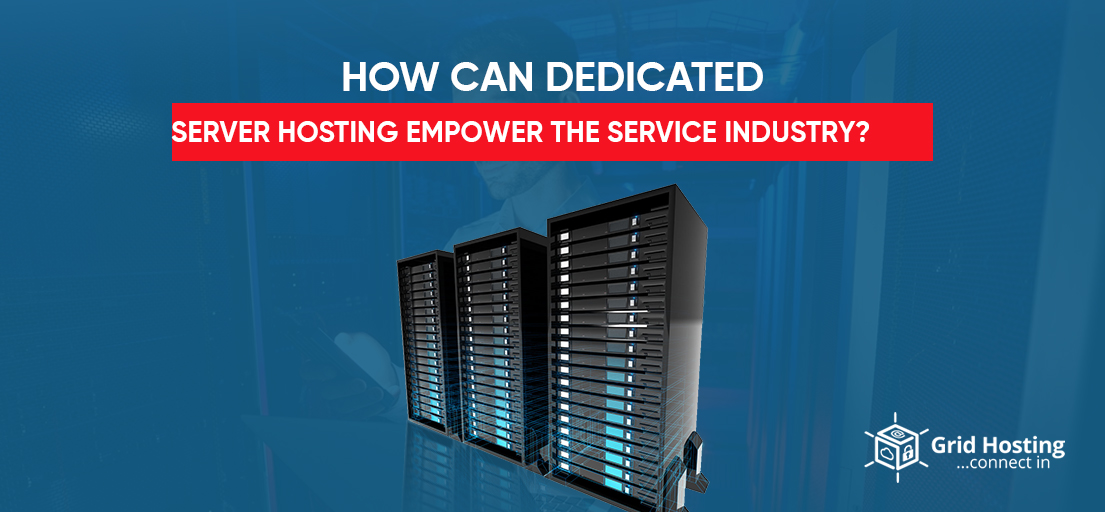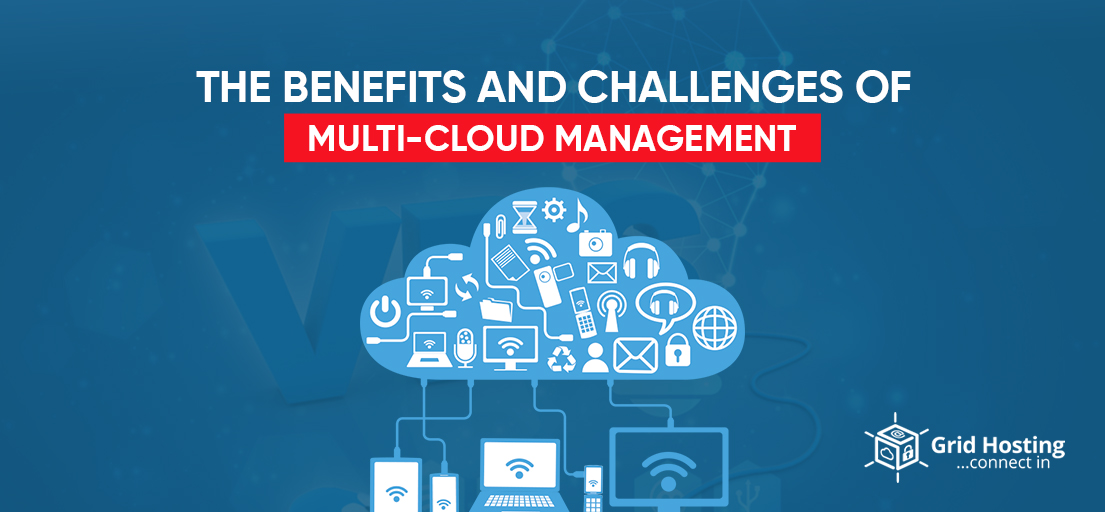Artificial intelligence will have profound effects on both societies and the data centers that will fuel it. The quick growth of AI is enabling both the creation of new services and the enhancement of those that already exist. Additionally, as the machine learning industry expands commercially, there is a growing requirement for robust, high-performance computer hardware.
The rise of AI in shaping the data center industry. The growth of AI applications will affect the power and cooling architecture of high-density racks and increase the demand for data center space. We’ve created a collection of resources to help our readers comprehend the value of artificial intelligence in the data center market. We’ve compiled a collection of websites to help our readers understand the significance of the artificial intelligence sector to the data center industry.
First, we look at how artificial intelligence is transforming the data center sector and the unique difficulties and opportunities it brings.
The Rise of AI and Its Impact on the Data Center Industry
Hardware Optimization
In terms of hardware configuration, data centers are undergoing a paradigm transition. Due to their superior ability to handle parallel computing, Field-Programmable Gate Arrays (FPGAs) and Graphics computing Units (GPUs) are supplanting or even replacing traditional x86 processors. Faster training and inference times are made possible by these hardware modifications, which optimize data center operations for AI workloads.
Cooling and Energy Efficiency
AI workloads produce a lot of heat, therefore data centers need reliable cooling systems. Data center designs are being modified to accommodate cutting-edge cooling methods like liquid cooling and cutting-edge airflow control systems in order to preserve operating efficiency. Data centers are researching renewable energy sources and cutting-edge power management solutions to reduce their carbon footprint, and energy efficiency is also a top priority.
Edge Computing Integration
Real-time processing is becoming more and more necessary as AI becomes more prevalent, particularly in applications like autonomous vehicles, IoT devices, and smart cities. Data centers are extending beyond conventional centralized structures to accommodate this need. Edge computing, which places processing closer to the data source, is becoming more and more popular. Due to the decreased latency caused by this decentralization, decision-making and response times are sped up.
Security Challenges
Security worries grow as AI is incorporated into increasingly crucial applications. Data centers must handle possible AI system weaknesses such as adversarial assaults and privacy violations. To protect both the AI models and the data they process, this calls for strong cybersecurity measures including intrusion detection systems, encryption, and threat analysis tools powered by AI.
Skilled Workforce Requirements
A competent staff capable of managing, implementing, and optimizing AI infrastructure is required for the integration of AI in data centers. To upskill their workers and draw in AI professionals who can create and maintain the specialized hardware and software required for AI workloads, data centers are investing in training programs.
Resource Allocation and Scalability
AI tasks can vary in intensity and be unpredictable. Data centers must be adaptive in terms of resource distribution and scalability to meet changing needs. Cloud-based data centers, in particular, use virtualization and containerization technologies to effectively allocate resources based on workload requirements. This assures peak performance as well as economic viability.
Data Privacy and Compliance
The rising usage of AI raises worries regarding data privacy and compliance. To protect sensitive user information handled by AI algorithms, data center industry must conform to severe standards such as GDPR and HIPAA. This necessitates strong data governance structures and Transparency in data collection, processing, and utilization within the AI ecosystem.
Collaborative Ecosystems
AI integration in data centers has facilitated collaborative ecosystems among technology businesses, hardware manufacturers, software developers, and research institutes. These collaborations promote the exchange of ideas, best practices, and innovations, resulting in faster improvements and more efficient AI-driven workload solutions.
Predictive Maintenance
AI is transforming not only how data centers work, but it is also improving their maintenance processes. AI-powered predictive maintenance can detect probable hardware problems or anomalies before they occur. This proactive approach reduces downtime and operational disturbances, resulting in greater data center reliability.
Evolution of Data Center Architecture
The traditional data center architecture is being transformed to meet the demands of AI workloads. The use of hyper-converged infrastructure (HCI) and composable infrastructure architectures is growing. These architectures allow data centers to dynamically allocate resources, maximize hardware utilization, and improve overall operational efficiency.
Hybrid and Multi-Cloud Strategies
As AI workloads are so complicated, hybrid and multi-cloud solutions are typically necessary. Data centers employ these technologies to easily mix on-premises infrastructure with cloud services. While satisfying the special objectives of AI applications, this hybrid paradigm delivers flexibility, scalability, and cost-effectiveness.
AI-Driven Data Center Management
AI is not just a user of data center resources, but it is also a driver of better management. Artificial intelligence-powered analytics technologies are being used to improve data center performance by forecasting workload. Patterns, resource use, and potential bottlenecks are all factors to consider. This data-driven method boosts efficiency and resource allocation in the data center.
The influence of AI on the data center industry is significant and diverse. Data centers are developing to meet the demands of AI-driven workloads, from hardware optimization and cooling solutions to security problems and labor requirements. This transformation is about reinventing data center architecture, operations, and administration to maximize the potential of AI while ensuring efficiency, security, and long-term viability in the digital age. As AI technologies advance, the symbiotic relationship between AI and data centers will undoubtedly continue to shape the industry and promote innovation across industries.
Ready to Learn More About Artificial Intelligence?
If you are curious about how the rise of AI impacts you and your business, contact us today, and our team will be happy to help you learn more about the changes that AI is bringing to the data center industry. Discover how Grid Hosting can help you with your Artificial Intelligence needs. Chat with a member of our team to discuss which solution best fits your needs.

